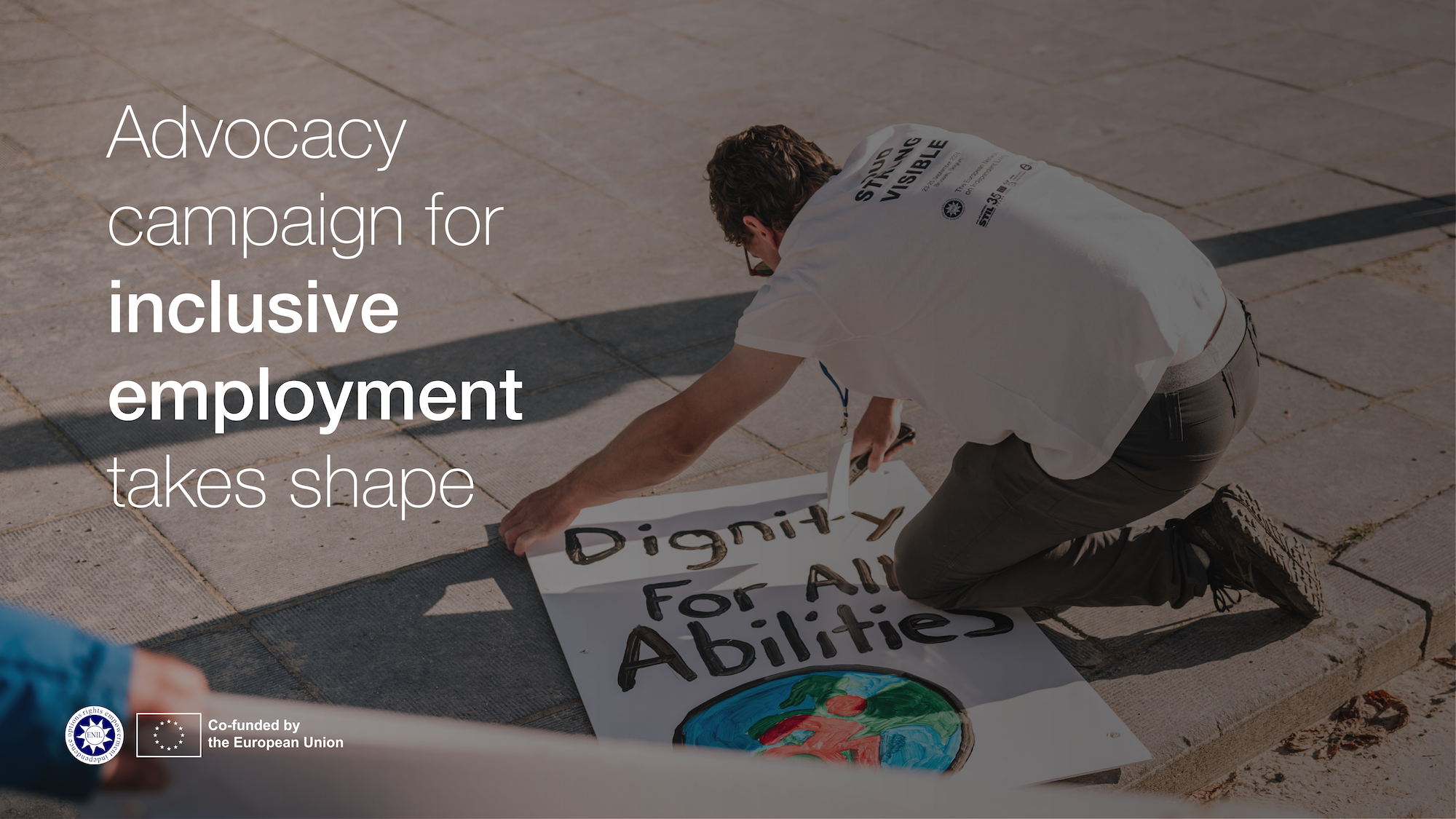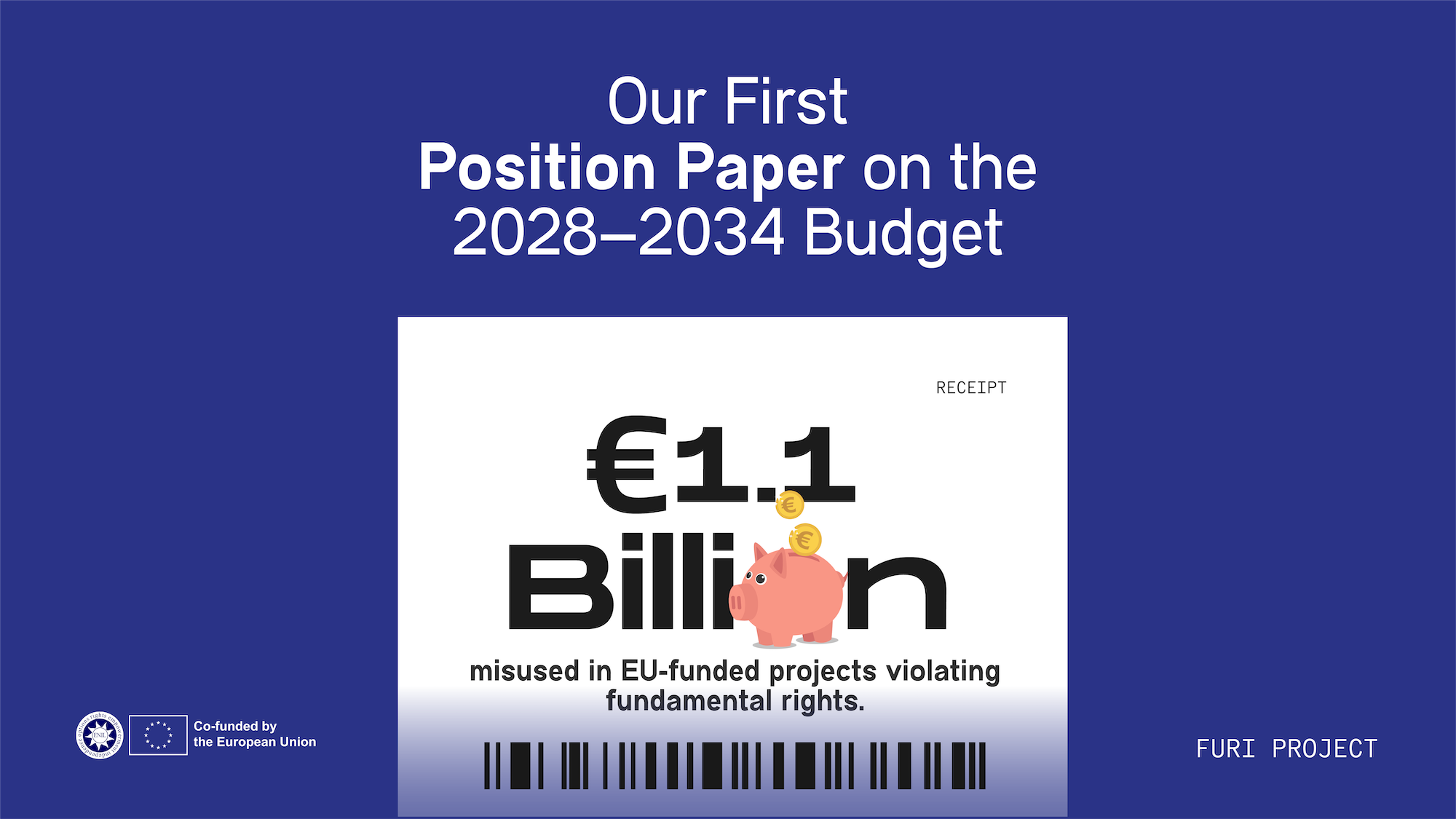On the 12th and 13th of April, ENIL attended the European Expert and Stakeholder Meeting to Provide Input for the 9th Session of the Open-ended Working Group on Ageing (OEWGA). This seminar on the Human Rights of Older Persons was co-hosted by Age Platform Europe and the Office of the UN High Commissioner on Human Rights – Regional Office for Europe. A report covering this seminar will also be submitted to the OEWGA. The fact that all participating organisations will stand behind this report made it an important seminar to partake in.
On the first day, ENIL presented some of the research carried out for our own submission to the OEWGA. In the presentation, the focus was on “equality and non-discrimination”, primarily based on our members’ responses to the question “How [will the] frameworks surrounding autonomy and independence in your country […] change and affect your life as a disabled person when you reach retirement and/or old age?”. The main results covered some of the hard age limits to the granting of PA budgets, the often lower budgets granted to older persons, as well as indirect discrimination of older applicants in points-based PA schemes.
While, of course, all disabled persons, regardless of their age, are covered by the CRPD, in practice older people with disabilities are often not considered as rights holders. Often, different administrative departments are responsible for EITHER disabled persons OR older people, with the latter operating outside CRPD (due to lack of awareness, among other). This historical division needs to be overcome, if states are to make sure that every citizen can fully exercise their rights, irrespective of age, disability or any other ground. At the same time, internalised ageism means that a wider paradigm shift needs to happen, in order for older people to be seen and to see themselves as active rights holders and not passive recipients of care.
Beyond disabling environments and attitudes, there are some issues faced by older persons that are not covered by the CRPD. These include, for example, mandatory retirement ages, which apply irrespective of a person’s willingness and ability to carry out their work.
To conclude, the insights gained by ENIL on the discrimination faced by older disabled people can be summarized as follows: We need to evolve from a system where older people are expected to make do with less, towards a system were older people are considered rights holders able to lead autonomous and independent lives.


